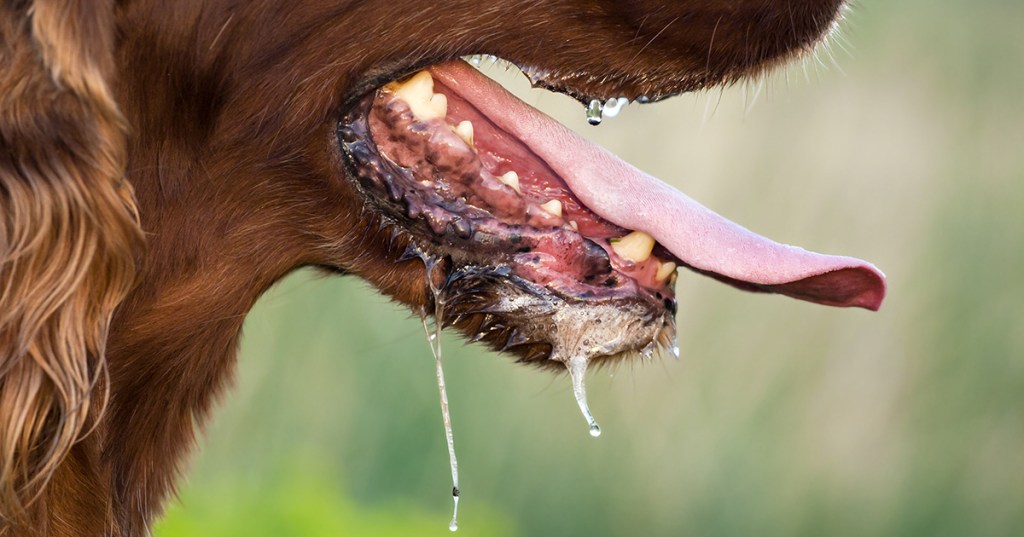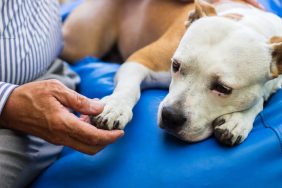Scientists are looking for cost-effective ways to rid the world of rabies in humans, and think they found it through dog vaccination programs.
Even though the rabies vaccine has been around for more than a 100 years, rabies kills an estimated 69,000 people worldwide — or 189 people each day. The majority of people who get infected live in Africa and Asia, and 40 percent of that population are children.
Rabies is spread primarily through the saliva of infected dogs. Once a person develops symptoms, the chance that he or she will die is nearly 100 percent — if not treated.
The rabies virus, which is shaped like a bullet, can be eradicated among humans by stopping it among dogs, according to a team of international researchers led by the Paul G. Allen School for Global Animal Health at Washington State University.
Researchers reported in a study that appears in the journal Science,“that infections occur as a result of interactions between animals and people. A one health approach is necessary, where veterinary, medical, and public health professionals collaborate to eliminate the disease worldwide.”
“The irony is that rabies is 100 percent preventable,” says Guy Palmer, veterinary infectious disease expert and co-author of the study. “People shouldn’t be dying at all.” (The rabies vaccine was developed by Louis Pasteur in 1885.)
The researchers found rabies persists, partly due to political complacency and also because of a lack of international commitment. “Eliminating it meets all the criteria for a global health priority,” Palmer says.
The authors and others at the Allen School have set up successful dog vaccination clinics held in the East African country of Tanzania where they vaccinate as many as 1,000 dogs a day.
The authors of the study concluded rabies in humans is rarely seen in developed nations, and the disease should be viewed as a global public health problem that can be solved.
Sources: Washington State University, Science Daily, Paul G. Allen School for Global Animal Health









